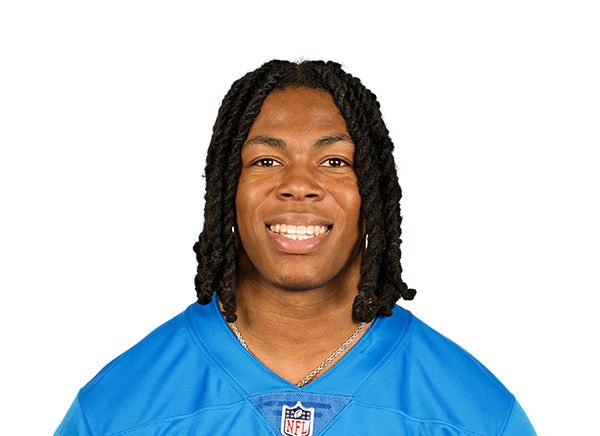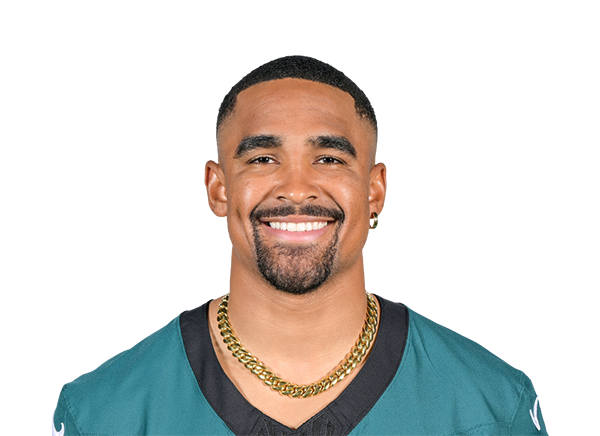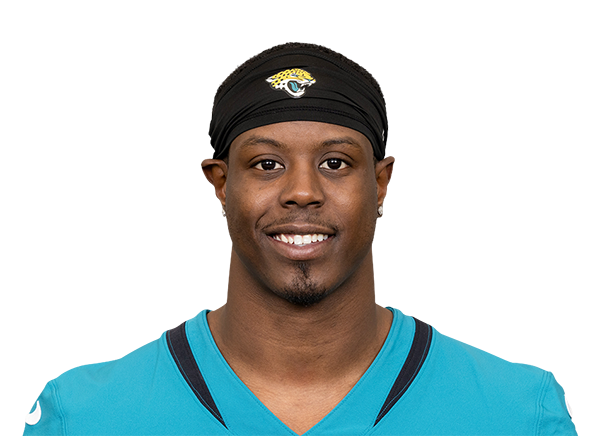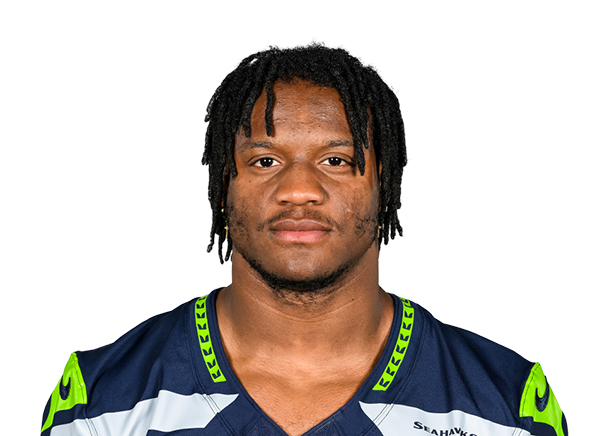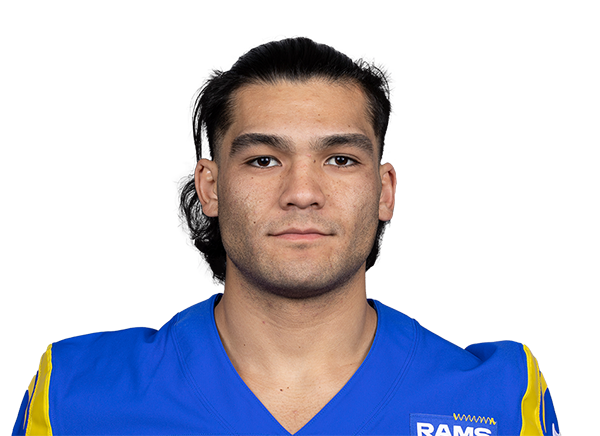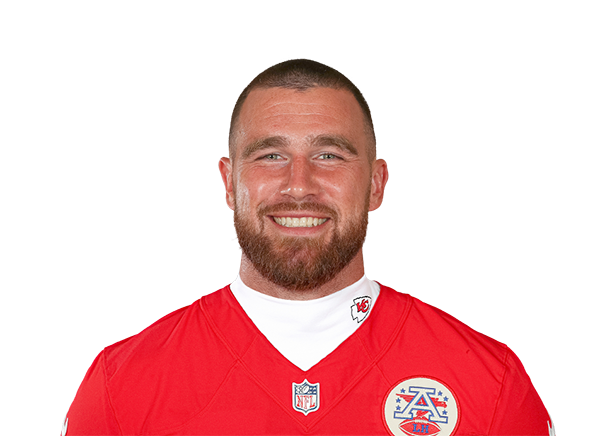Potential Breakout: Markus Wheaton

One word which has surrounded my off-season is context. I’ve kept it in mind with every player I’ve evaluated. When deciding and deciphering who I’m going to target, with college football players, veterans and rookies, sound logic is essential. Sometimes having that isn’t always possible, especially with this type of hobby. You aren’t always going to have all the information, so it’s very important that you’re evaluating the information you have correctly. Context comes into play with things like total yards, touchdowns and results, knowing how and why those numbers came about is much more important than the numbers itself. With that said, I feel we need some added context on who this Markus Wheaton character is, and what’s gone on in his career so far.
When looking at Wheaton (or any player, for that matter), it’s important to figure out what type of player he is, and what is the most likely/effective way a team would use him. Based on my research of rushing receivers, I have little doubt he’s (at least out of college) a slot receiver. There was no mention of Wheaton in the original RR article because he didn’t qualify, but in many of the other queries and searches I did, he popped up. When I say he popped up, he just missed the list, TWICE. He was three (he had 67, needed 70) catches away from reaching the criteria in 2011 and five rushes (had 20, needed 25) away in 2012. Initially I wasn’t willing to overlook those near misses, but as I looked closer I become more compassionate.
Here’s what the list looks like when I cut down from 25 rushes to 20 and cut from 70 catches to 60.
[inlinead]As you can see, the only other player to make the list twice is Jeremy Maclin. As you can also see, while all these players eventually turned into good players in very important roles, it took time. When looking at all the players that had at least three years of NFL experience (Randall Cobb, Golden Tate, Antonio Brown, Jeremy Maclin, Wes Welker), among them, there was a combined two 1,000 yard seasons in the first three years of their respective careers. All of these players did most of their damage in year four and beyond. While this would make sense from a trajectory/progression sense, it’s hard to see that when it comes to being in a dynasty league from year to year.
When a player goes from 200 receiving yards to 600, it’s hard to comprehend that he could be developing. From a fantasy perspective, he’s just as useless and not startable as he was before.
But that’s where context is needed.
This is where you have to stop looking at the stats in a fantasy sense, and start looking at them in a real ‘what does this mean for his future’ sense. And while this article is about Markus Wheaton, I’m using him as an example of how we should view players in general.
In a perfect world, every player could catch the world on fire like Alshon Jeffery did in his second season breakout, or shock us all like Odell Beckham did in his outrageous rookie year. Unfortunately, this isn’t a perfect world. Player breakouts are hard to figure, and injuries, team situation and things that happen off the field and in the locker room play a much bigger role than we’d like to admit. There’s many reasons these ‘luck’ factors aren’t usually taken into account for a season/career, the main one being it would take admitting there’s parts of the puzzle that will always be unknown, which would be admitting there’s limitations in the ability to predict. This is one of the greatest realizations I’ve come across as a fantasy football player. Once I accepted there’s certain parts of every player I don’t know, it became easier to say softly ‘I think’ instead of rigidly saying ‘I know.’ Anyhow, back to Wheaton.
Since this is an ‘I think’ monologue, I’m going to make some further proclamations about Wheaton and how I think his career has gone and how it will progress.
- I consider his year two a ‘break out’ for what I look for. He went from 13 targets and 64 yards (albeit in 12 games) in his rookie year to 87 targets and 644 yards in his second year, improving in every category (not that it’s saying much). You don’t go from 13 targets to 87 on accident.
- He led the team in kickoff returns (20) and he held the role the entire season – this is another sign the team trusts him, putting him in a significant role.
- The Steelers track record with smaller, speed receivers has been basically flawless since 2009. Emmanuel Sanders, Mike Wallace and Antonio Brown were very similar college prospects to Wheaton and played similar roles. (Slot-ish responsibilities as receivers, kick return/Punt Return duties and at least some contributions in the run game).
- Even though Martavis Bryant emerged in the second half, in the last ten games of the season (including playoffs) it was basically an even split on targets (Bryant 53, Wheaton 51). Keep in mind even though they split targets, Wheaton was still on the field more with full time kick return duties.
So, based on all of this, I find myself a Markus Wheaton believer heading into 2015. Is he destined for fantasy stardom? Odds are against it. However, I do see him getting over 100 targets and I do see him getting 65-75 receptions for 800-900 receiving yards and between 4-6 receiving touchdowns. I see him settling into the type of role Sanders had his last season in Pittsburgh. Those types of numbers would put him around WR30-35 based on last year – not bad for a player going in the 14th-16th round of dynasty startups. Martavis Bryant will command targets and a larger role, but while they both play wide receiver, they spend a majority of the time taking up different parts of the field. If anything, I think those two, along with Antonio Brown, make an awesome trio.
For Clarity’s sake, those numbers I threw out for Wheaton’s 2015 are not what I consider his ceiling to be, but what I consider a reasonable projection based on what I believe his skill level is and what PIttsburgh is willing to give him in terms of targets. We’re still in the progression stage, as this is only his third season. We’ve seen in the past with the players I mentioned above that even the best slot receivers take time to grow into their role and even longer to grow into fantasy production.
[ad5]
























